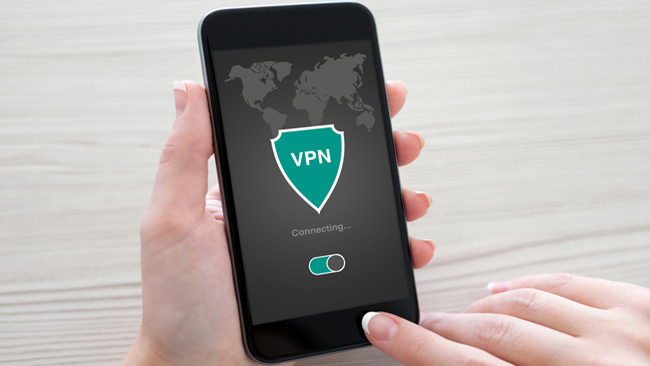As with every contemporary technology, virtual private networks (VPNs) remain the subject of significant misconceptions and largely inaccurate half-truths.
Despite originating in the 1990s, the recent surge in demand for VPNs has done little to quell such misnomers, even as some 41% of Brits now use a virtual private network at least once a week.
The question that remains, of course, is why do so many people still misunderstand VPNs and their legality? We’ll explore this in the article below.
What are the Main Misconceptions About VPNs?
Before we consider the reasons why VPNs continue to be misunderstood, it’s important to appraise some of the most prevalent misconceptions. Here’s a few to keep in mind: –
- #1. You Only Need a VPN if You’re Doing Something Illegal: The legality of VPNs is widely discussed and misunderstood, as some people still believe that you only need to use this technology if you intend to do something illegal. However, the use of a VPN is legal in most countries across the western world, while practices such as streaming geo-restricted content through platforms such as Netflix aren’t outlawed by contemporary legislation. Sure, Netflix and similar platforms can actively look to block VPN usage, but there’s no suggestion this practice is either illegal or questionable in any way.
- #2. VPNs are Complex and Hard to Install: Both businesses and individual users are often deterred from completing a VPN download, in the belief that it will either be hard to operate or integrate within their existing tech stack or enterprise network. While comprehending the low-level details of how VPNs operate is challenging, however, using a VPN client and installing this on a device of your choice is far easier. In fact, the process can usually be completed in just a handful of steps, from the initial download to activating the product on your computer or mobile.
- #3. VPNs Destabilise Your Internet Connection: VPNs work by routing your data and web traffic through a virtual and encrypted tunnel, and in some cases, this may cause a slight lag to your Internet connection. Not only can this risk be mitigated by identifying a paid, premium VPN client with a large number of active server locations, however, but even taking time to encrypt a user’s web traffic doesn’t cause an unstable or poor Internet connection. Almost universally, any change in Internet speed is completely indecipherable, while the market leading clients may even enhance and speed up your network connection.
Why Do These Misunderstandings Persist?
Not only it is relatively easy to demonstrate the folly of these myths and misconceptions, but the fact that VPNs were developed in the 90s means that there’s been ample time to bust such false narratives.
What’s more, the dramatic increase in personal and commercial VPN usage in the UK (especially since the outbreak of coronavirus on these shores) should have stripped away many of these misunderstandings, but they continue to persist anyway.
But why is this the case? Well, one reason is the wider perception and suspicion that surrounds most relatively modern technologies, such as blockchain and cryptocurrency.
Even today, first generation crypto tokens like Bitcoin remain perennially misunderstood, thanks in part to their relative complexity and the technology’s chequered past as the preferred currency for criminal purchases and transactions.
Make no mistake; VPNs and their functionality are underpinned by similar levels of technological complexity, which can cause immediate cynicism and create significant misunderstandings among typical users.
As we’ve already touched on, virtual private networks have also been associated with criminality in the past, and while there was little basis for this, it has remained pertinent in the minds of potential users and casual observers.
Even though usage has increased markedly of late, the fact that the number of regular VPN users remains well below 50% in the UK means that it will take more time for some of the misconceptions referenced above to be completely stripped away.
The Bottom Line – How to Bust These VPN Myths
You can take steps as a VPN user to bust some of these myths in your own mind, however, with the selection of a premium and paid client one of the most important.
This will expose you to the best level of performance and service, from the moment that you download your chosen VPN to the installation and activation.
We’d also recommend that you make use of a VPN free trial as and when appropriate. After all, this enables you to sample precisely what a client has to offer within a predetermined period of time, as you get to grips with its actual functionality and how it interacts with your device.
On a final note, don’t be afraid to check out the laws and legislation associated with VPN usage. While these vary from one country to another, UK users can rest assured that this practice is completely legal unless you’re doing something that breaches another piece of legislation.




Leave a comment
Have something to say about this article? Add your comment and start the discussion.